I served in the Israeli Defense Forces. Ayahuasca healed my PTSD
I was on duty the night Alex decided to commit suicide in the communal showers.
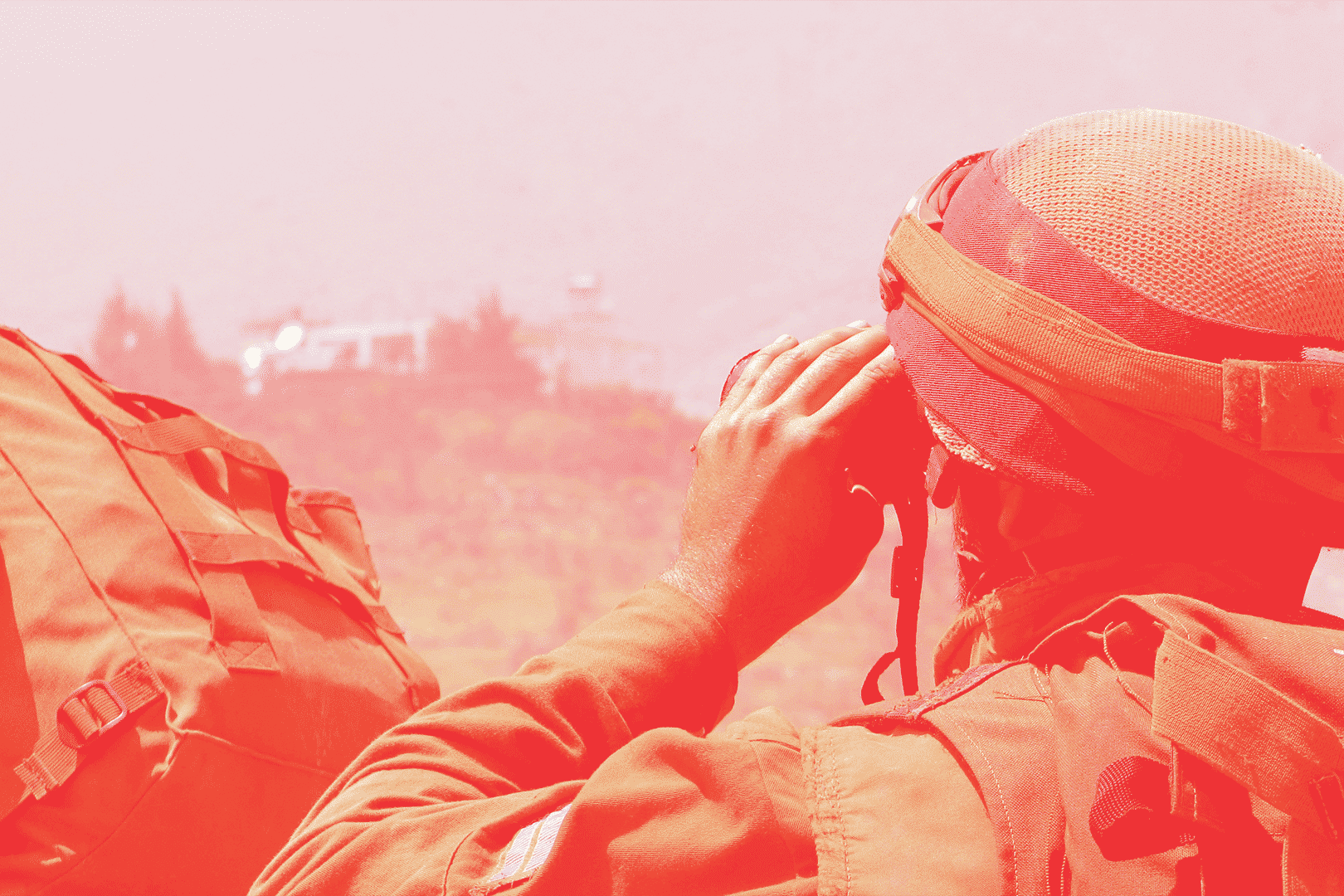
Psymposia is a 501(c)(3) nonprofit research and media organization that offers critical perspectives on drugs, politics, and culture. We rely on contributions from our readers and listeners. Your support is vital to sustaining Psymposia.
Support Psymposia’s independent journalism on Patreon and help us drive the Mystery Machine! We’re a bunch of meddling kids who are unmasking the latest shenanigans on the psychedelics beat.
Iwas on duty the night Alex decided to commit suicide in the communal showers.
I had reluctantly graduated from the Combat Medics course and returned to my unit for the 18 months of training left to qualify as “combat ready” and become a fighting member of the Israel Defense Forces.
It’s 5 a.m. and I am four hours into my shift.
The desert is mute and so am I, as I scan the rocks and lonely bushes beneath the old lookout tower. The silence is abruptly disturbed by a loud metallic noise. My heart misses a beat, and my whole body tenses up—I peer into my night vision goggles and listen to the radio.
Being a new recruit, I do not even have the courage to abandon my position without a “good reason,” so I decide to call in the disturbance and wait. Seconds after that, I hear the first cries for help; a young soldier screaming for a doctor—the entire base comes to life. I run down the tower as fast as I can towards the commotion. More and more dazed soldiers appear from their old and shabby brown tents.
I set foot on the scene moments after the arrival of the on-call doctor. Wearing thick glasses and panting heavily, he seems to be in control, well accustomed to these situations, perhaps.
The shower walls are smeared with dark red blood. In the middle of the room, the body of a young man lies trembling on the cold white floor. Alex shot himself just underneath his chin, aiming upwards, with his personal M16 assault rifle.
Half of his face is blown to bits, but somehow he is still breathing. I gasp. I breathe through the nausea and try to regain my equilibrium. I see the doctor kneeling beside him. My training kicks in. We proceed to perform a cricothyrotomy in order to establish a patent airway and administer fluids to raise his heart rate. The doctor shouts out orders; I obey. We call in a helicopter for emergency medical evacuation in hopes to get Alex to the nearest civilian hospital in time. He needs to be in an operating room.
Outside I can hear Alex’s best friend from home shouting. I hear others trying to prevent him from entering the room. I notice the smell of the detergents used to clean the showers earlier that evening and the smell of the alcohol we were using to sterilize our medical instruments, but most of all I smell the blood. The trauma is too severe and Alex takes his last breath. I call off the helicopter. The doctor covers his face with a cloth.
Alex died moments before sunrise. The last thing he must have heard was the hysterical cries of his fellow young recruits who were kept away, at a safe distance, from the barracks by the senior staff.
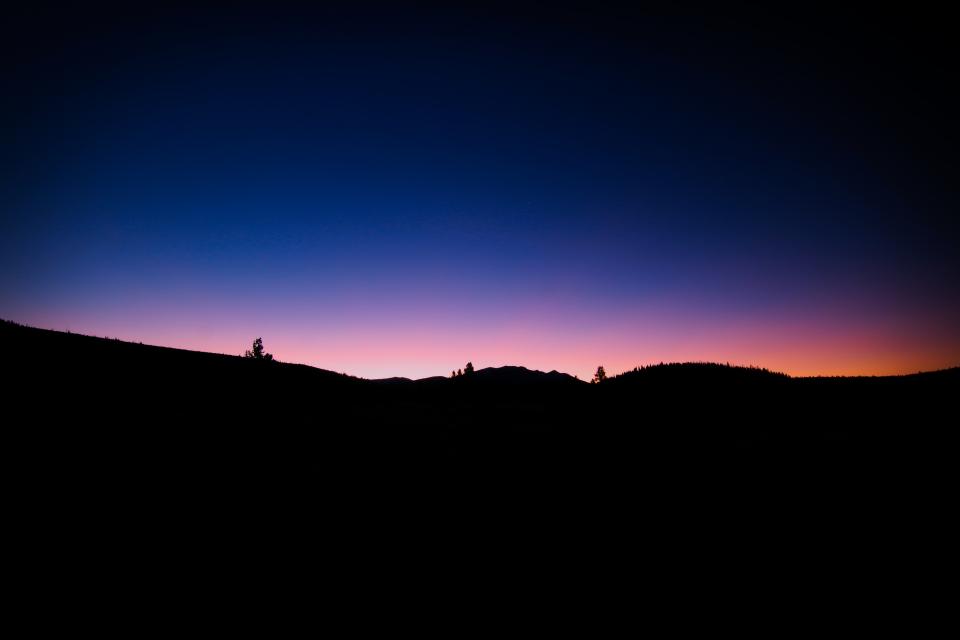
Everything seems dreamlike.
I sit next to his body for a moment, for as long as I could, before my legs decide to take me as far as possible from what now felt like a crime scene that lacked a clear perpetrator, one without a criminal, a scene of crime where everybody took it upon themselves to become the victim. I could not stand to prepare his body for extraction and went on to wander around the base before realizing that I had abandoned my guard duty.
Frantically, I rush back to man my post. I was in complete shock. All I could think about was whether or not my commanders knew that I had forsaken my guard duty. Am I in trouble? Am I to be punished? I climb up the guard tower and stare into the orange sky, the sun slowly rising over the hills of the Negev, Israel’s most spectacular landscape.
I do not notice the CO approaching my position as he makes his morning rounds. In light of the incident, he stops to enquire about my wellbeing. He takes one look at my pale white face and tells me to return to my tent.
There I sit for hours, on the verge of tears, not speaking and not making eye contact with anyone. I sit while Alex is taken to the hospital to be prepared for burial. I sit while the commanding officers undertake the task of damage control; this could be a disastrous blow to the morale of the young recruits in training. I sit as military officials pay a visit to Alex’s mother, informing her that her son took his own life. I sit as the army censorship sweeps the incident under the rug—soldier suicide, for the people’s army, is bad press.
Catatonic, I watch the base return to its business-as-usual schedule. Tasks are given, rifles are polished, and breakfast is served. With my eyes blurry and body weak, I feel a hand on my shoulder. It is my staff sergeant who also happens to be a trained army medic.
Staff sergeants are traditionally the toughest members of the unit. They are feared and respected, more so than the officers. I prepare myself for a good old-fashioned army shake up, but he, in a moment of sensitivity and insight, sits beside me and says, “You’ll be okay. It’s just the beginning. You’ll get used to it.” I try to focus my eyes on one point on the ground as he says in a tone-dead voice, “I’m sorry, but this will not be the last person who you will not be able to save, it’s just…” He trails off.
I close my eyes and nod. I try to speak but my throat is too tight. He pats me on the back to motion me to rejoin the squad, which I do. I kept checking up on any news reports regarding Alex’s death—there were none to be found.
Perhaps it was all just a dream.
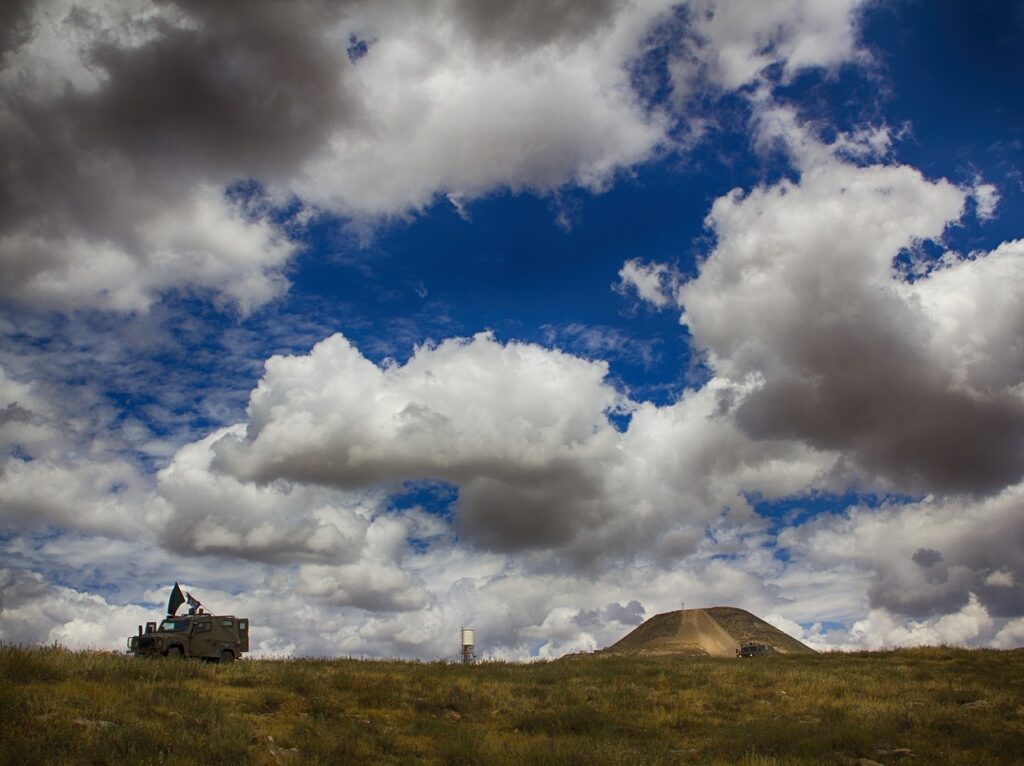
PTSD
Winter 2006. It is a Friday night several months after the war in Lebanon, and I am once again a civilian. I am, according to the doctors, making my first steps towards what could be described as “feeling normal again.”
After the traditional Shabbat prayers and meal, my family turns in for the night. I hug my mother and wish her good night. I am to go out and meet up with some friends for a drink—not the easiest feat for a person who just a few months earlier, while still in active service, was diagnosed with post traumatic stress disorder, a common and well-known mental health condition amongst service men and women.
The house is quiet, only a few lights are left on downstairs. I shower and get dressed. I am just about to leave, shuffling the car keys in my hands, when I inadvertently glimpse into the mirror. I am startled to find that standing behind me, as reflected in the mirror, is a fully armed and battle-ready Palestinian combatant holding a knife.
I freeze. My heart is racing and my palms are sweating. I feel that old and familiar knot forming swiftly in my stomach, anticipating the worst. I am finding it very hard to breathe.
I turn around quickly, completely prepared for what I think is to be a hand-to-hand combat situation. If I can just deliver a quick disabling blow to his throat or groin I can get to the kitchen in time to draw out a knife and come out of this life-threatening situation victorious.
With my back to the mirror, I quickly realize that no one else is present in the room.
I scan the living room and listen for any strange noises. I crouch and look under the dining room table and the sofa; the house is empty. But it is not. I know this, with certainty. I saw him. He looked at me. I could smell him. He was preparing to make his move.
I was trying desperately to catch my breath, but then my training took over. I got underneath the dining room table and spent a few minutes surveying the “perimeter”, as if I was in a military operation in the West Bank.
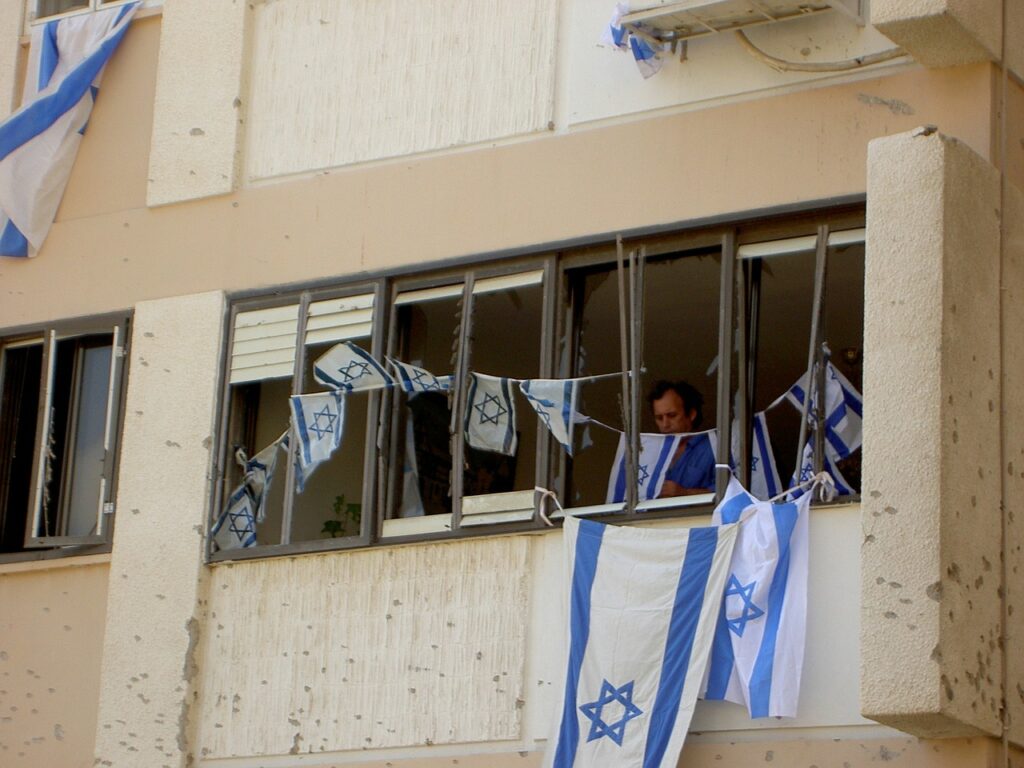
The house I grew up in, where my friends and I celebrated birthdays, where I shared my first kiss and played the guitar for hours on end, transformed itself into a battle zone, and we were all in great danger.
I gradually became aware of a dual reality. It was as if half of my brain was processing and reacting to a situation the other half knew was not actually real. This must be what insanity feels like.
I try to focus on all that seems to be real—family photos, my wristwatch. I try to breathe. I remind myself of other occasions where the enemy was not there, where I did not need to hide, where I did not need to fight.
An eternity later, my heart rate and breathing stabilize and I regain control of myself. I calm down. I drink some water to relieve the pain in my throat and smile. Embarrassed. Confused. Alone.
I spend the next few days indoors, at home, within walls I tried so very much to trust.
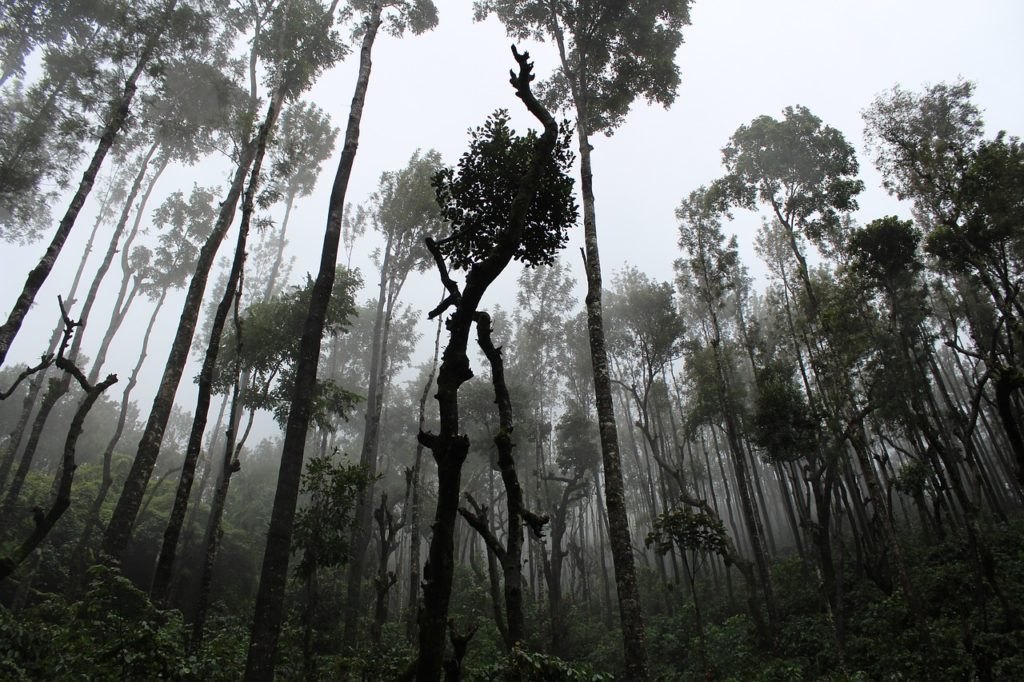
Healing
I am lying on the ground. The smell of the fresh, moist soil is comforting and relaxing. Earth. Planet Earth. I am here. I take a deep breath; my lungs fill with sweet cool tropical air. My eyes are closed, but I am absolutely engrossed in the most jaw dropping and somewhat debilitating display of creation. It is as visual as it is emotional; every beam of light is a memory, every geometric shape a trauma, every neon-lit passage a feeling.
Frail and weak, my arms have never been heavier. I can almost not feel them. I want to cry but I cannot. I am intoxicated, I remind myself and take a deep breath. With my eyes closed, I seem to close them again, and again and then…all seems to disappear.
With the gracious guidance of the ayahuasca, on numerous occasions, I have experienced myself leaving my body behind, ascending and transcending, the space-time paradigm of our ordinary state of consciousness, but this experience, this journey, was different…very different.
All I ever wanted in this life, since my experiences in the army and probably before that, was to break free from these mortal shackles of human existence. To break free from the pain, the suffering and the unbearable anguish, to release myself from the irreconcilable crimes, actions and deeds we as a species, I as a soldier, have been subjected to and are still committing against each other.
All I wished for was to disappear, become the mythical and the mystical. I hoped to touch the faces of the gods, live amongst the magic, and transform into the mysterious and the divine. Those entities who do not feel, who are not part of the sorrow of man.
All this pain. All this confusion. All this death. I did not want to walk the same path, on the same ground, of those lowly evolved human creatures. I did not want to recognize myself in them. I refused and resisted the very thought of being associated with anything human―especially not with myself.
And so that night I was granted that wish. I received what I was hoping and praying for.
My eyes close. I lose all sense of my body. I find it hard to breathe, the sickening nauseating sensation travels up and down my spine, in and out of my digestion system and toward my head. It is painful as it is painless; at times it is almost enjoyable. I purge. I vomit. I cry. I faint. I am not alone. There are people here. I can sense them. In and out of this spiraling whirlpool I go. I manage to raise myself to a hammock. I am brought water. Everything seems to be collapsing.
All I want to do is to be here, in the ordinary reality. Hear the sounds of the music and the jungle, feel the warmth of the crackling wild bonfire and lay my head down to rest.
All I want, all my desire, all my wish is to just be. To be exactly what I am. A human being. An entity of sin and prejudice, fear and loathing, doubt and confusion, destructive and deceitful—but also, and more importantly, a pure life form, a sophisticated and grand form of biological life capable of feeling and understanding, a true miracle of nature, a meticulously designed comprehension, full of love, light, empathy, and compassion. A being both dedicated and subjugated to creation, expansion, evolution, and consciousness.
All I want is to be here. In my heart. With every living being, soul, spirit, and entity on the face of this planet.
I see my parents, my sister, and my extended family. I see myself in the eyes of my mother before I was born. I see my father in the eyes of his father before he was born, the human family tree and timeline; it is inspiring and vast.
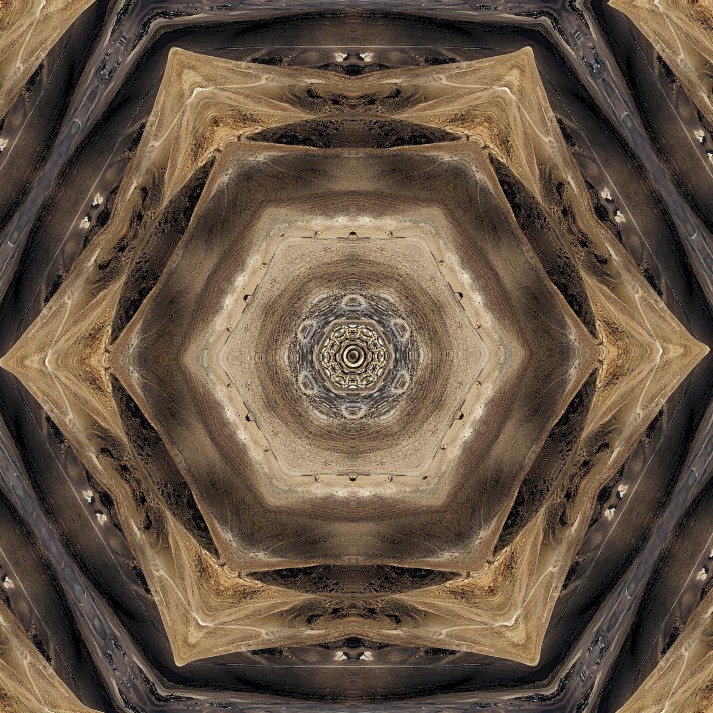
I hear the natives of this land and the indigenous people in the Middle East, Eurasia and Africa. I listen to their stories, our stories, my story, without having to hear a word. All that has ever been said has been said in silent.
I feel the tectonic plates in motion, I sense the plants and flowers blossom, I hear the roar of the planet earth, inaudibly directed at us. I am to die. At this moment. My body cannot take it anymore, it cannot sustain itself any longer, and it is not designed to endure this type of journey. I surrender. I am yours. I am mine. I. Am.
It all goes quiet. Silence. Calm. Gentle.
The storm has passed. I came back. I came back for more of this human experience. More of everything, more of the misunderstanding and the violence, more of the selfishness and the power struggles, more of the wars and the death—but also, I came back for more of the tenderness, the compassion, and empathy.
I came back for more Love. I came back for more Life. I exist. And despite all that I have been part of and all that I have seen, I am here, and I am grateful.
I fell in love with my family and friends, tormentors and enemies that night. I fell in love with that piece of land, what people now call the Middle East. I fell in love with the religious fanatics, the Muslims and the Jews as one. I fell in love with the Israeli Military, the Palestinian Militias and the Hezbollah. I fell in love with the crippling corruption and the ongoing ruthless and global financial embezzlement. I fell in love with the broken political parties, the generals, and the profiteers and merchants of war and violence. I fell in love with the sickness, the confusion, and the gripping and seductive fear.
I fell in love with death, as I fell in love with life, as I fell in love with myself.
Read Part 2: Integration
Hey! Before you go… Psymposia is a 501(c)(3) non-profit media organization that offers critical perspectives on drugs, politics, and culture. We strive to ask challenging questions, and we’re committed to independent reporting, critical analysis, and holding those who wield power accountable.
Our perspectives are informed by critical analysis of the systemic crises of capitalism that have directly contributed to the unmitigated growth of addiction, depression, suicide, and the unraveling of our social relations. The same economic elite and powerful corporate interests who have profited from causing these problems are now proposing “solutions”—solutions which both line their pockets and mask the necessity of structural change.
In order for us to keep unpacking these issues and informing our audience, we need your continuing support. You can sustain Psymposia by becoming a supporter for as little as $2 a month.





